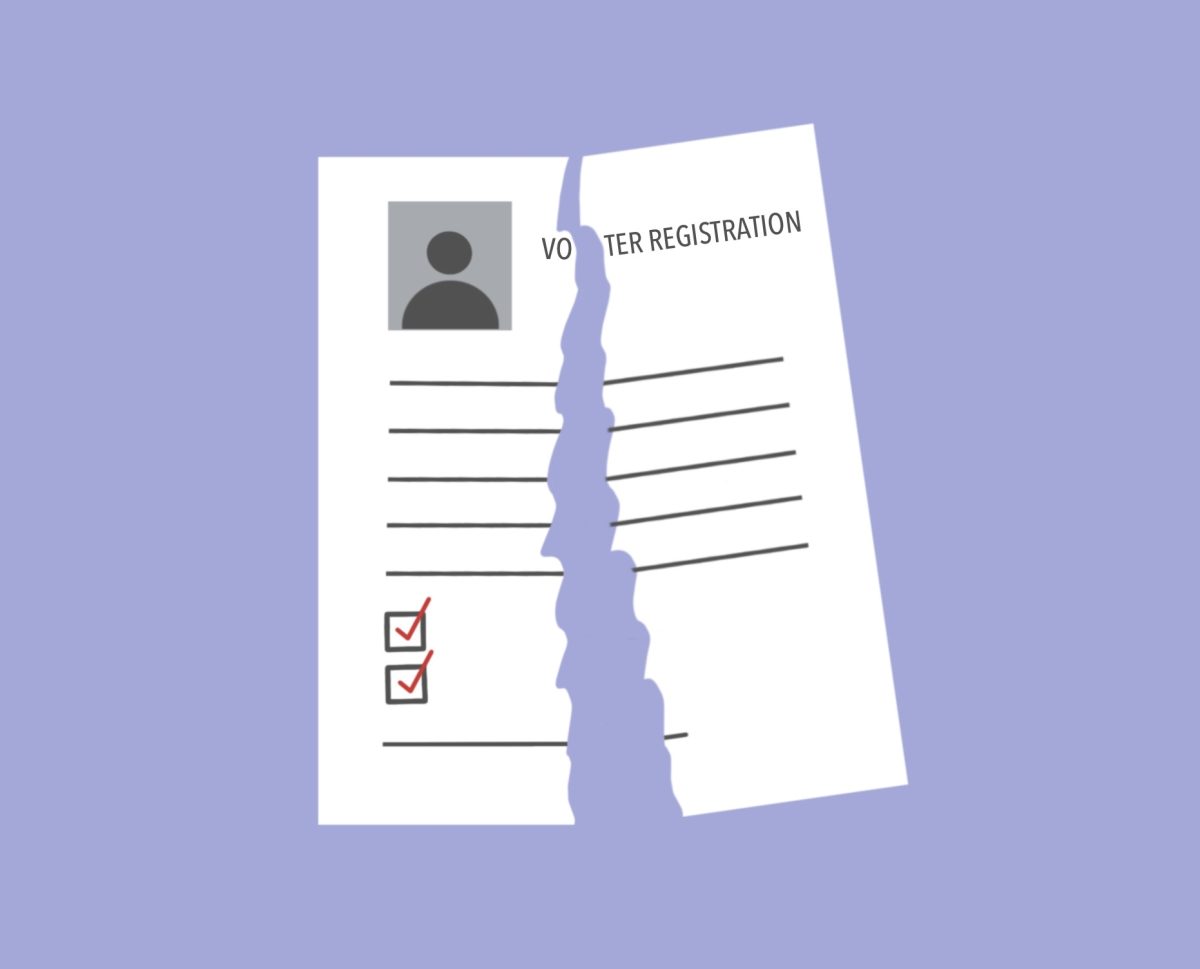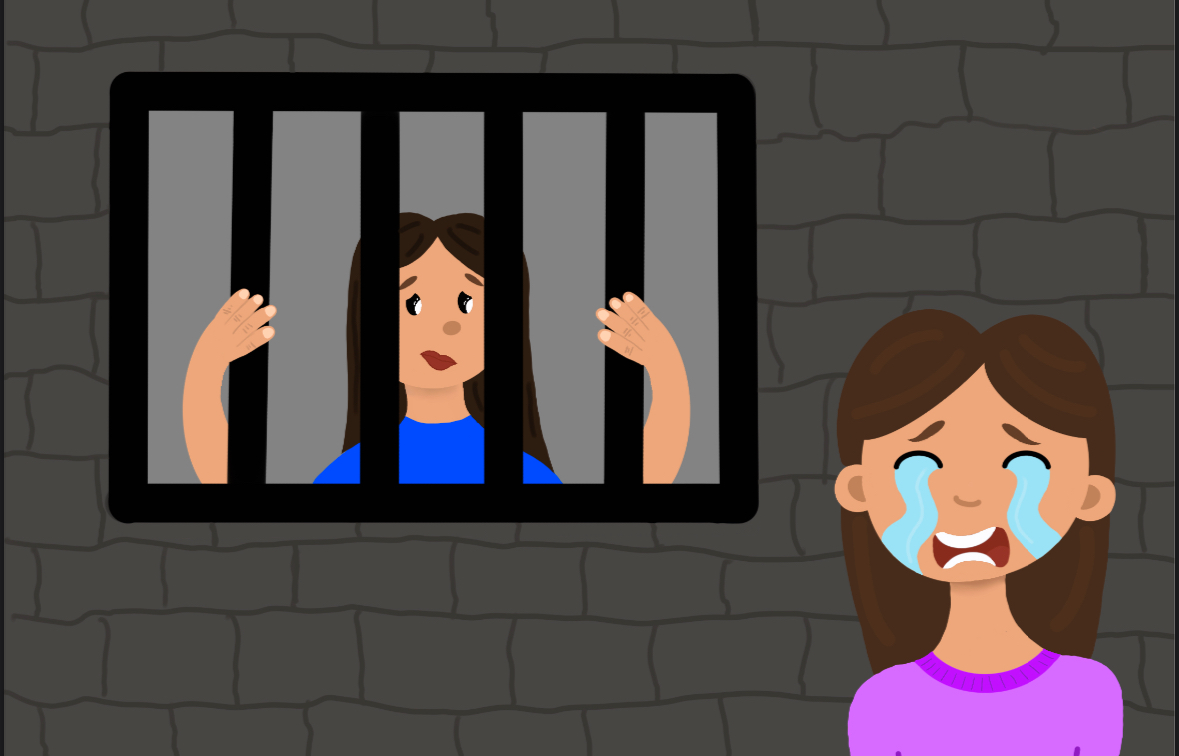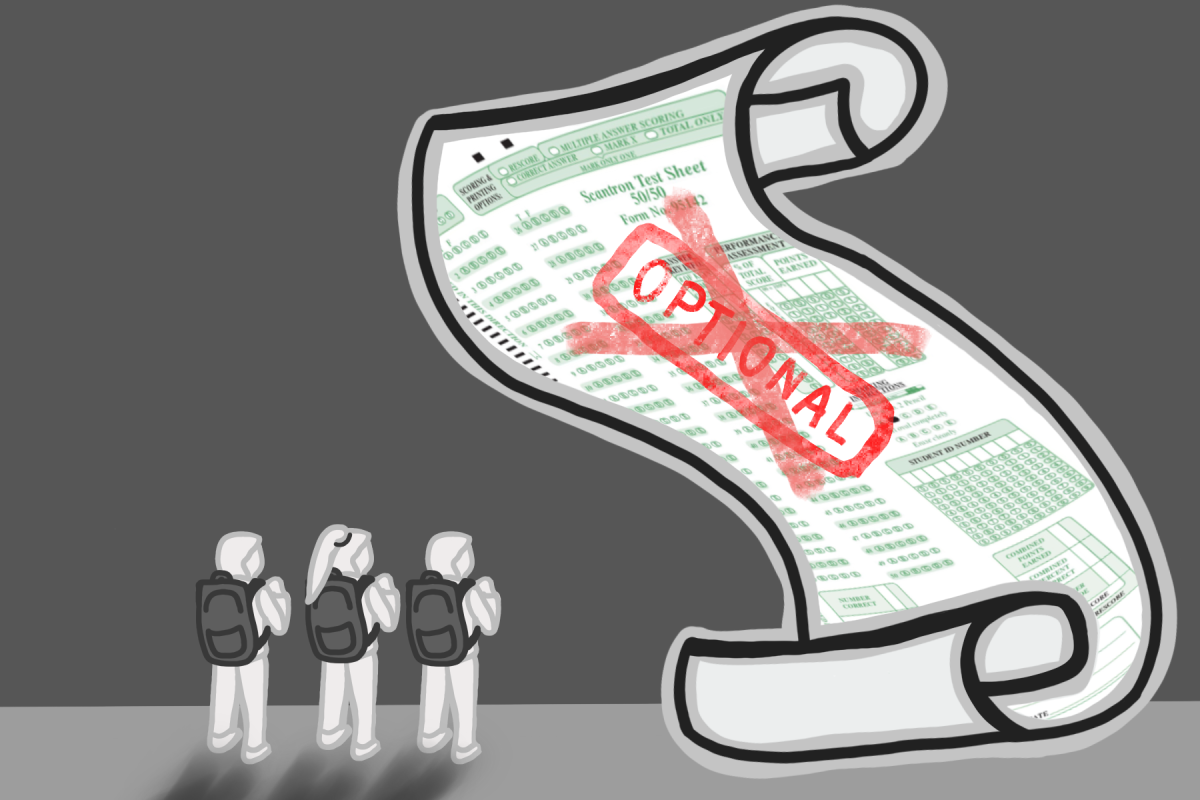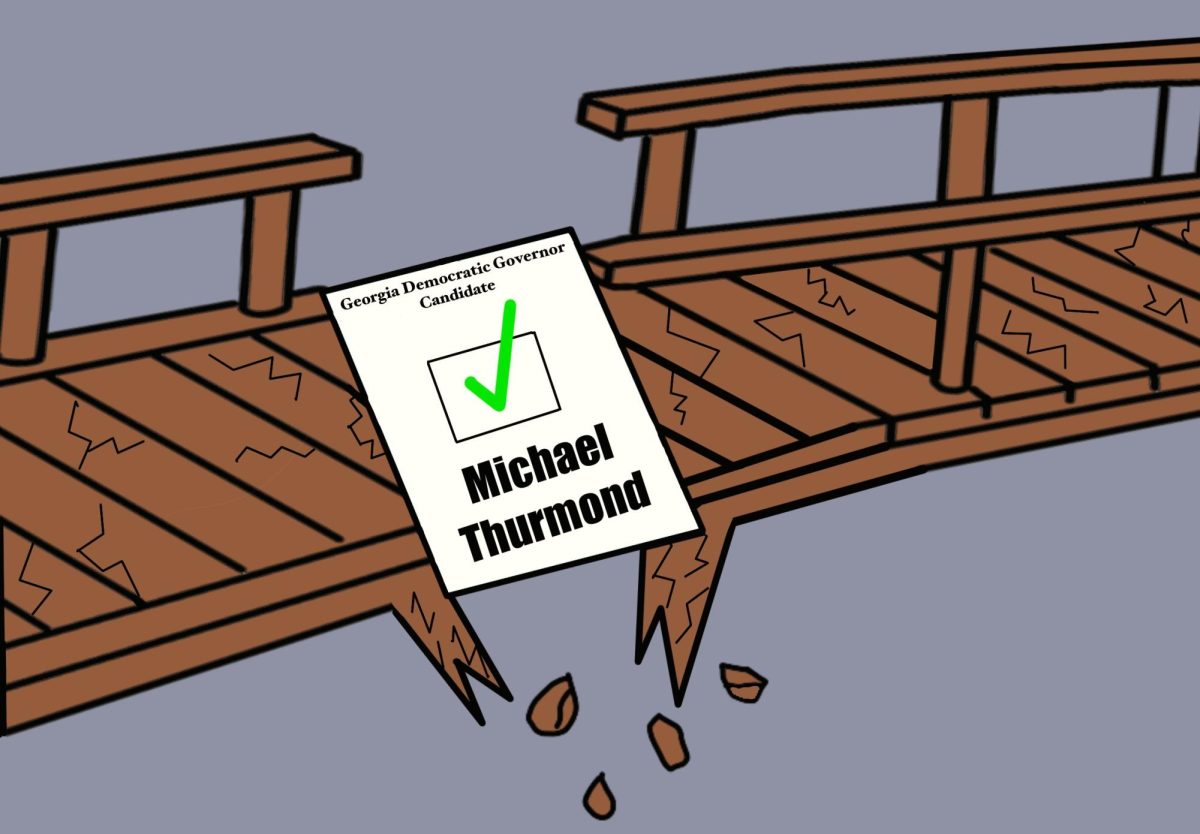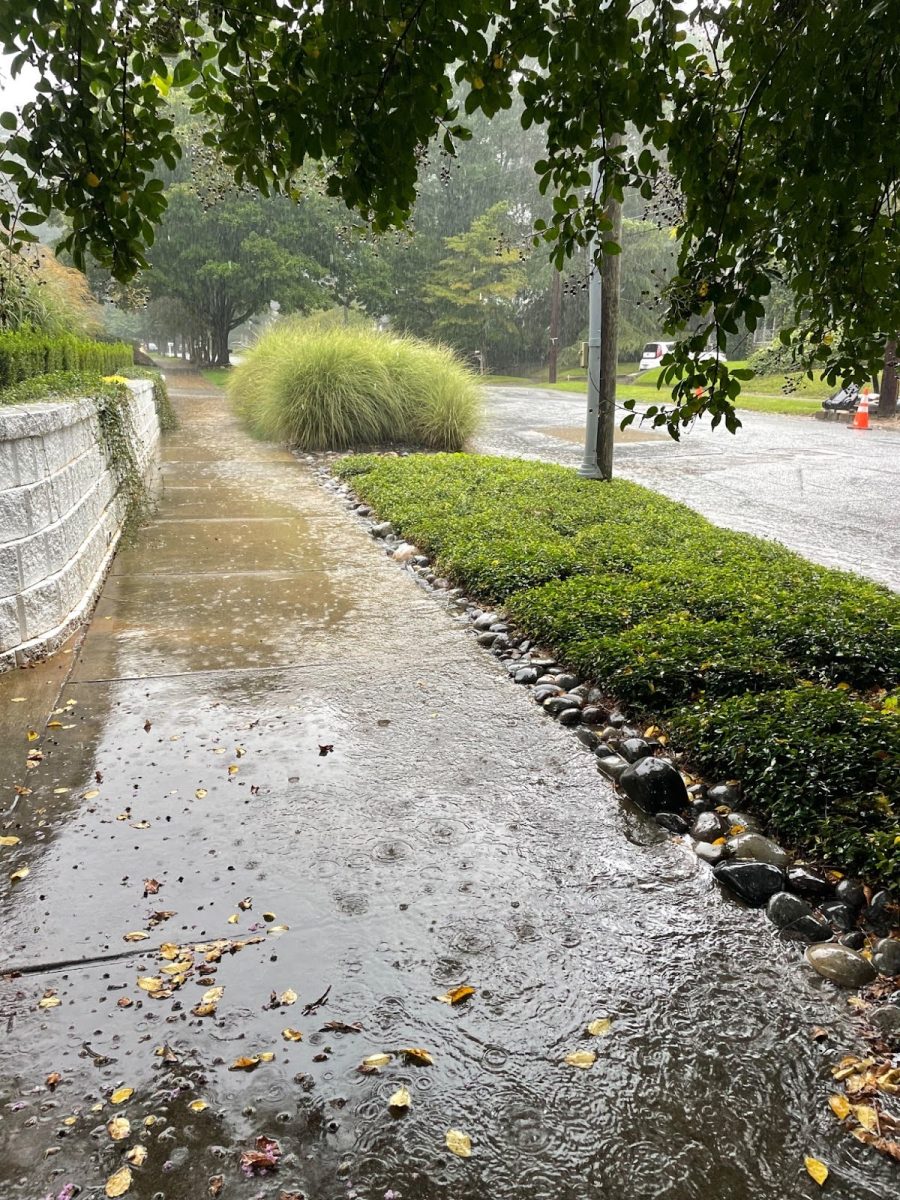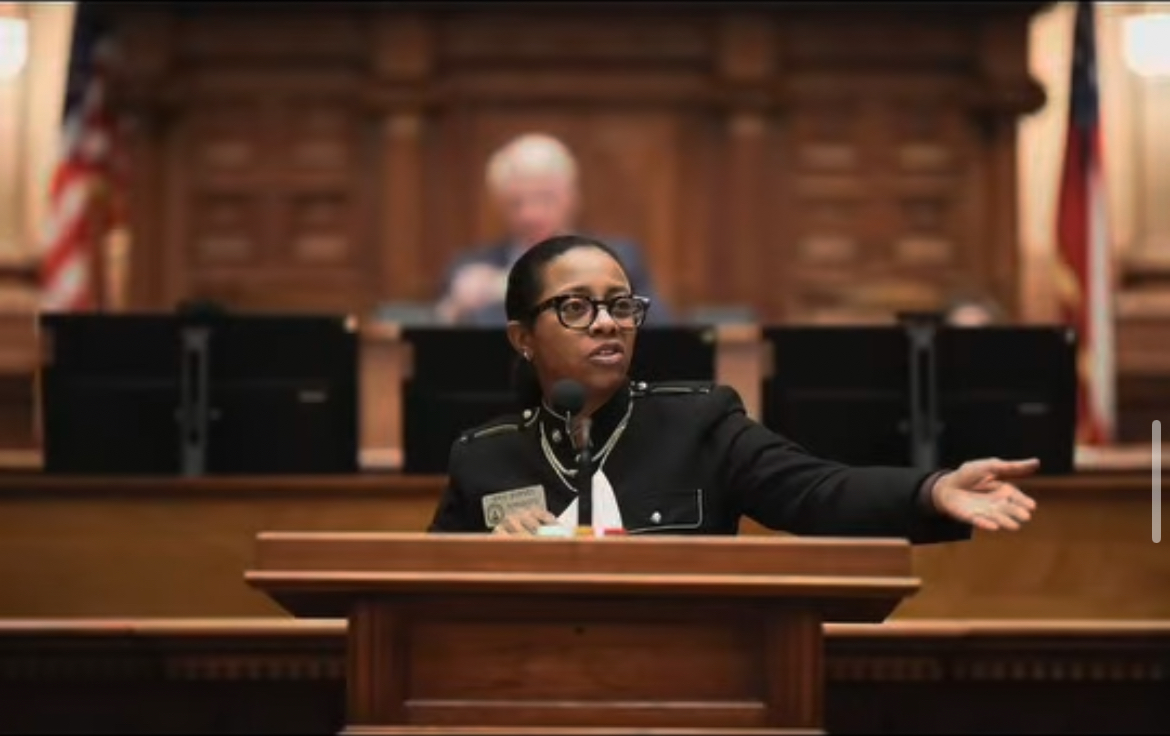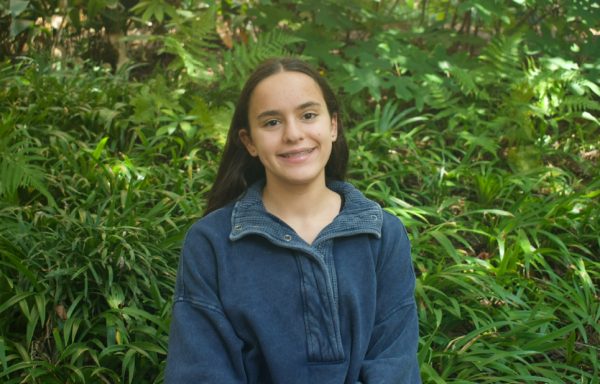In Georgia, the “use it or lose it” law dictates the cancellation of voter registrations after inactivity in multiple elections. As of July 10, 2025, the voter registrations of close to 500,000 Georgia residents were cancelled. Through the use of the Electronic Registration Information Center, voters have been identified based on voting inactivity, moving and other variables.
Senior Anna Young, the co-president of Midtown Votes Club, which promotes youth civic engagement and helps students register to vote, believes having the ability to vote gives citizens crucial representation.
“I think having the ability to vote and using it is so important because it lets you have [a] voice in the government, which can, [and] will, impact your everyday life,” Young said.
Like Young, Midtown Votes Club co-president senior Carmela Marra believes voting gives citizens the opportunity to have their interests represented in government policies.
“Voting is every citizen’s way to impact the government that is supposed to represent their interests,” Marra said. “The right to vote has not and is not always protected. It’s important to exercise the rights we have.”
Social studies teacher and sponsor of Midtown Votes Club Jason Slaven believes that when citizens are removed from voter polls, it prevents them from having necessary representation in government.
“It goes back to the fundamental concept of our democracy, which is that people need to be represented in the government that creates policy for them,” Slaven said. “If people don’t have their voices represented then they don’t necessarily have a say in what happens. So, for people that don’t vote, for people that get their names taken off of the voter rolls or that face structural challenges, they don’t get a say in the process which means that the laws that are being created don’t represent their interests, fundamentally.”
Young believes registration cancellations pose a threat to people’s fundamental right to vote.
“With voter registrations being canceled and purges happening, it serves as an issue with undermining people’s right to vote and taking it away from them,” Young said. “It can have a disproportionate effect on certain demographic groups and penalize non-frequent voters. Also, the data being used isn’t necessarily accurate and could have eligible citizens being removed. When it’s time for them to vote and they find out they are unregistered, most times it’s too late to re-register and they lose their vote for that election.”
Marra believes caution should be taken when implementing cancellations to avoid repeating past patterns of disenfranchisement.
“I understand the need to secure elections,” Marra said. “However, the cancellations are disproportionately affecting black Georgians. Disenfranchisement of black voters is a terrible part of our history, and we should be very cautious to bring back regulations that parallel those same effects.”
Slaven thinks that other factors causing voter inactivity are not accounted for in the voter roll purges.
“The stated purpose for the purge of the voter rolls is that they’re removing inactive voters,” Slaven said. “They are kind of taking on this ‘if you don’t use it, you lose it’ mentality with voting. The idea is that if somebody moves out of state, then potentially they wouldn’t have voted in Georgia elections for however many years, they should be removed. But, they are not taking into account the idea that maybe someone just hasn’t been motivated to vote in prior elections.”
Slaven believes voter registration purges could result in serious implications for previously registered voters who are prevented from voting in elections.
“Usually the people who are less likely to vote are people who maybe can’t make it to the polls for whatever reason, they don’t feel motivated by any particular candidate, maybe there’s other structural reasons why they can’t vote,” Slaven said. “Taking away their voter registrations doesn’t actually address those barriers to them voting; it adds another barrier cause then they’ll have to reregister. So, worst case scenario, somebody goes and tries to vote and they can’t.”
Young believes that gaining citizen attention can help to combat the current declining rates of voter turnout in elections.
“I think that engaging younger voters could have a great impact on voter turnout, and to do this is having voter registration drives and events that promote voting,” Young said. “Also, creating a culture of participation and civic engagement would be beneficial.”
Like Young, Slaven believes that educating people is an efficient way to encourage voter participation.
“The best thing to do is to get people active and knocking on doors and getting people excited for the candidates and raising awareness for what the actual goals are,” Slaven said. “A lot of times, people may not want to vote because they don’t feel like they understand who’s on the ballot and what these positions even do. I think the easiest thing to do would be to raise awareness about the election, educate people on what the actual positions are, and what role they serve in our government.”

